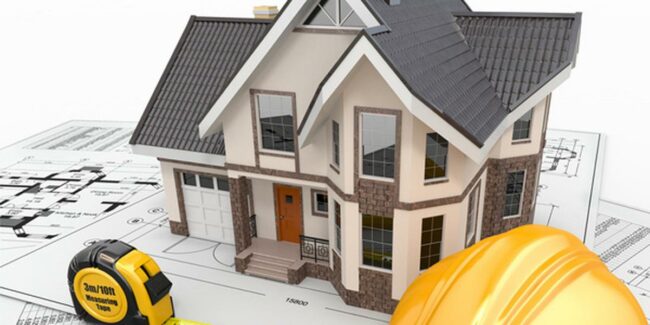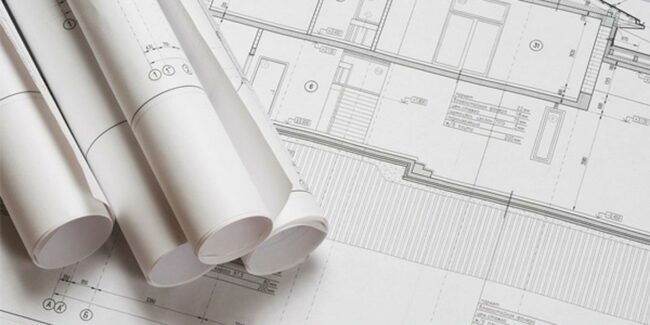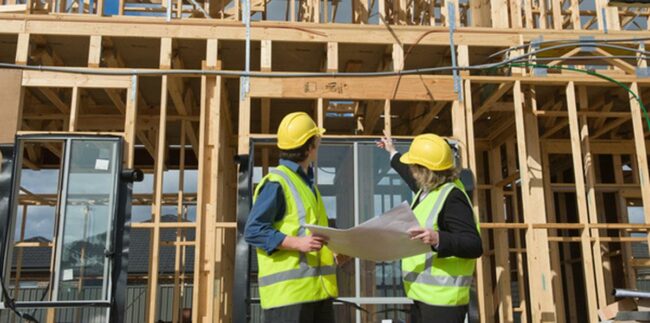10 Important Factors to Consider in Remodeling a House
Remodeling a house requires a clear vision to transform it into a dream space. Every choice, from layout changes to decor details, influences the final look and function.
Practical updates improve flow and enhance comfort, while stylish touches add character. Choosing quality materials ensures longevity and a fresh appearance.
Balancing aesthetic appeal with practicality is key for lasting satisfaction. Here’s 10 most important factors to consider before starting your remodel:
Visualize Your Ideas
Visualizing your dream home is the starting point for creating a space that truly reflects who you are. This process allows you to articulate your desires, whether you're moving into a new house or renovating an existing one.
By picturing each detail, from colors to furniture arrangements, you can align your vision with practical plans when the budget permits. It’s about pinpointing what makes you feel at ease and inspired within those walls.
With clarity in mind, taking actionable steps toward realization becomes much more achievable as it paves the way forward for design decisions that resonate deeply with your lifestyle.
Analyze Options
Analyzing is an essential step in any decision-making process. It involves delving into the specifics of your objectives while also considering different perspectives.
Engaging in research allows you to gain insights that can refine your approach and enhance the overall effectiveness of your project. Through careful examination, you become more informed about the quality of your chosen elements and their potential impact on outcomes.
Taking this time for thoughtful analysis ensures a well-rounded understanding, paving the way for greater success down the line.
Draft Clear Plans
Outlining your plans allow you to clearly define what needs to be built and how everything will come together.
While it’s possible to bring in a professional, taking the reins yourself provides an opportunity for greater clarity regarding your vision.
By sketching out ideas or creating detailed drawings, you ensure that every detail aligns with your intentions.
Collaborating with designers or architects can still enhance this phase if needed, but capturing your concepts on paper gives you control over the project’s direction while making sure nothing gets lost in translation.
Get Recommendations
Trusted insights from friends can guide you toward individuals who have consistently demonstrated their expertise in these fields.
Engaging a contractor with established connections to these specialists can streamline the process further, ensuring that your project runs smoothly.
Even if you've worked with such experts before, endorsements from people you trust provide an added layer of confidence in your choices.
It’s essential to choose those whose skills have been validated by real experiences for optimal results on your project.
Set a Budget
Budgeting for a remodeling project involves gathering precise cost estimates from professionals like engineers or architects.
Detailing every aspect of your plans ensures an accurate financial overview, allowing you to understand the total investment required.
Every element counts, from the initial framework to the final touches; knowing these figures aids in making informed decisions.
Consultation with specialists such as electricians is also crucial since their input directly impacts overall costs.
Negotiate with Contractor
Negotiating effectively with a contractor can significantly impact your project budget. Establishing open communication helps you gauge their flexibility and willingness to discuss costs, leading to potential savings.
A skilled negotiator often uncovers opportunities for discounts or alternative solutions that align better with financial constraints. Building rapport is essential; the more comfortable you are discussing specifics, the greater chance of finding common ground on pricing.
Your approach could result in not just cost efficiency but also enhanced collaboration throughout the project process.
Plan Construction Timeline
Choosing the right time of year can significantly impact your progress and efficiency, avoiding interruptions from unpredictable weather conditions like heavy rains or storms.
Consulting with your construction team helps determine an optimal timeline that aligns with their availability and local climate trends.
Careful planning prevents wasted effort and resources, allowing for a smoother workflow throughout the building process.
Sign Contracts
Securing contracts is essential when embarking on home renovations, regardless of your experience level. A signed agreement safeguards both parties and outlines the project scope, costs, and timelines.
Relying solely on trust can lead to misunderstandings or disputes later on. Having a clear contract in place ensures that expectations are aligned from the start.
It serves as a reference point for accountability throughout the remodeling process while protecting you legally should any issues arise down the line. Making this step non-negotiable enhances peace of mind during your renovation journey.
Check Material Quality
Quality control in construction materials is essential for ensuring the longevity and safety of your home.
Even with an exceptional contractor at the helm, it's vital to verify that only high-grade materials are used throughout the project.
Some builders may even specialize in sourcing specific items tailored to your needs; however, knowing how to assess their quality remains crucial.
Your residence represents a significant investment, demanding attention and care regarding its foundational elements.
Visit the Site Often
Regular visits to the construction site are essential for ensuring that your dream home progresses smoothly. Being present allows you to address any issues, whether minor or major, as they arise.
This hands-on approach enhances quality control and keeps communication flowing with contractors and workers. Frequent check-ins also make it easier to implement necessary changes without delays.
Building a house is undoubtedly an investment of time and effort, but consistent involvement helps you stay connected with the project’s evolution.











